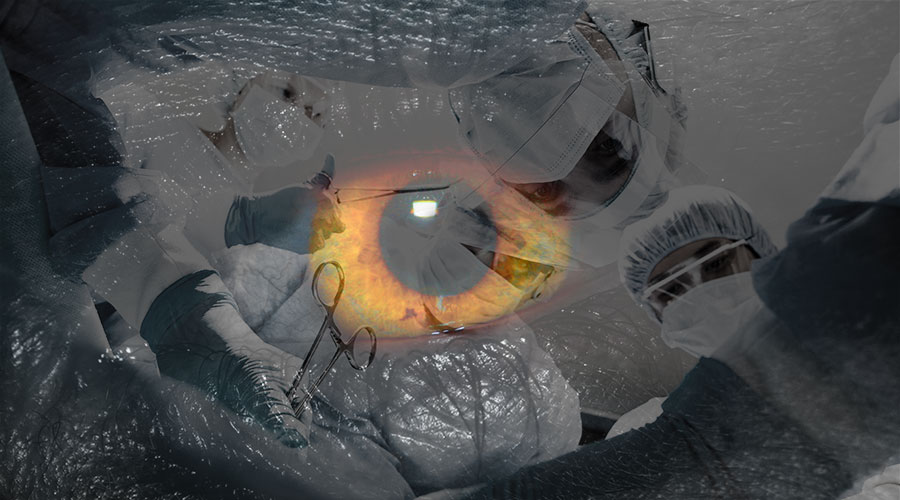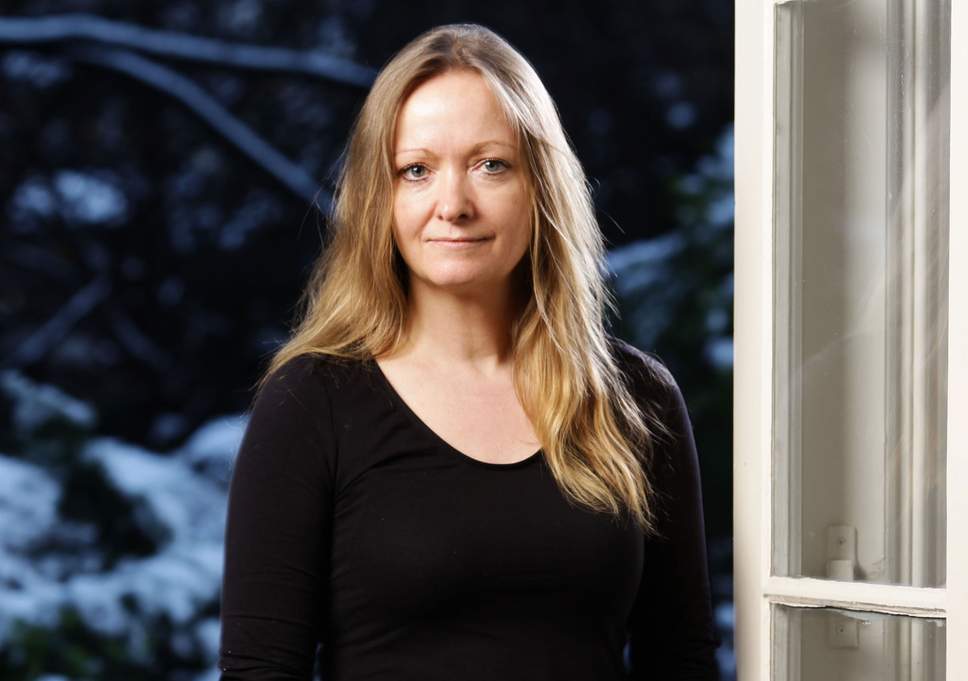“I wanted to thank you. In person.”
Dr Stein didn’t recognise the woman’s face, but there were so many patients, that was hardly surprising.
“Everyone said it was impossible, especially after my husband died. They told us all the embryos we’d had frozen had the same genetic condition and there was no chance of my ever having a healthy baby.”
The woman shifted in the plastic chair, heavy in her pregnancy, “Then I read about this lab – all the pioneering work you’re doing.”
Dr Stein smiled, then turned to her computer screen and typed in the woman’s name, then sat back, scanning down the list of implantations. Only there was nothing. The woman was registered as a client, but that was all. She frowned, “Can you remind me when the baby’s due?”
“Last week actually. They may have to induce me in a couple of days. I came because I wanted to ask – as a favour - ”
“Yes?”
“Would you be present? At the birth? You’re as much a part of this as I am, after all.”
Stein nodded, only half hearing her, staring now at the week in February when this child was conceived. There were no implantations listed, for the very good reason that she had spent all that week finalising her report on the Prometheus Project. Genetic research so radical it might one day eliminate cancer at DNA level, and eradicate the disease in a single generation – research that had necessitated the most stringent controls, and the utmost secrecy. It had been years in the execution, and final success had come at a price. She’d told no-one, and made no reference in her report, but she’d been forced to compromise with the genetic material she used. But she’d had no choice - if she’d conformed with the law she’d never have made the breakthrough at all. Her superiors would have forbidden her to work with her own eggs, and recoiled in horror at the very idea of what she did with them. But she’d told herself it was her own choice – her own body. And in any case it was the technique that was important, and the experimental embryos had been safely destroyed. Hadn’t they?

After the woman left, Stein rang the cryogenic storage facility and asked for the records. And there it was. Eleven embryos destroyed; what had happened to the twelfth, no-one could tell her. But she kept her research completely separate from her fertility work – she was scrupulous about it to the point of paranoia. And even if that missing embryo had somehow survived, she could scarcely conceive how it could have ended up in that woman’s womb, far less made it to the third trimester. She kept telling herself it was a mistake – that she was imagining things - but by the time she stood at the woman’s bedside as they were preparing to induce the birth, the face behind the mask was frozen with fear.
The woman was overjoyed to see her, saying that she planned to call the baby after her if it was a girl – “Victoria, it’s such a pretty name” – but the medical team were soon exchanging anxious glances. The child was too large for the birth canal, and the mother suddenly losing blood. They prepared for an immediate Caesarian, and within moments the nurse was lifting the new life from its mother’s belly. It made no sound as it was laid on the table, and Stein stepped forward at once, her hands sweating in their latex gloves.
“Leave it with me – I’ll deal with it.”
She stood, her back to the clamour in the theatre, looking at what she had created, knowing what it was, and what she must now do. It had uttered no cry, and her heart leapt that it might already be dead, that this hideous abomination of man and beast might never draw breath. But then, as her hands reached towards her child’s neck, she saw the dull yellow eye of the creature open….

Lynn Shepherd’s 2012 novel, A Treacherous Likeness, is inspired by the lives of Percy Bysshe Shelley and his wife Mary, author of Frankenstein. It was listed as a BBC History Mag. ‘The Prometheus Project’ was commissioned in 2013 as a piece of ‘flash fiction’ (a story of about 500 words) for an online magazine. Lynn says: ‘In the end the piece never appeared, so it’s very nice to have a chance to share it now, on an even more appropriate site!’ Visit: lynn-shepherd.com